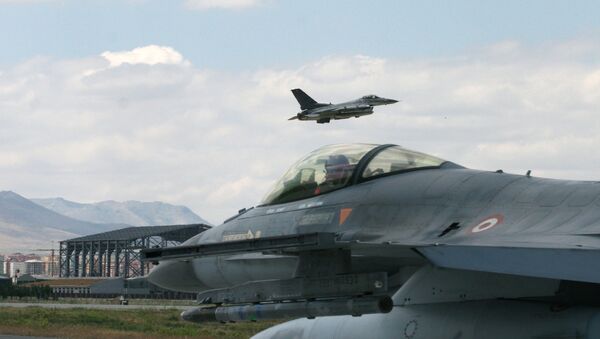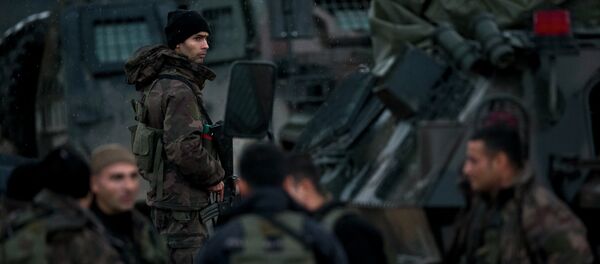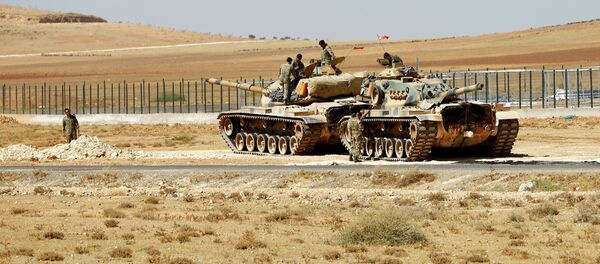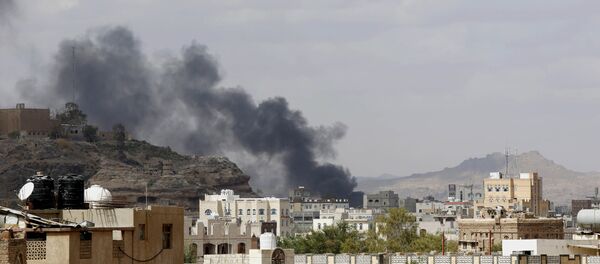Last December, the Turkish government deployed a battalion of 25 tanks and roughly 1560 troops into northern Iraq. Acting without Baghdad’s permission, the move was roundly condemned as a breach of sovereignty. Ankara has also been engaged its own internal war against Kurdish communities in the country’s southeast, with the death toll reaching some 5,000 people.
Now, with all parties honoring the Syrian ceasefire, Turkey is threatening to plunge its neighbor back into the five-year civil war.
"[The Turkish government] view themselves as victims and losing parties in the Syrian war," Germany’s Telepolis magazine noted. "For this reason they will resort to provocations until the ceasefire is shattered."
Despite Turkey’s destabilizing influence in the region, Washington has chosen to award a $682.9 million contract which will provide Ankara with an undisclosed number of smart bombs.
"The deal came timely as we are deeply engaged in asymmetrical warfare and need smart bombs," one Turkish military official said, according to Defense News.
The contract was granted to Ellwood National Forge and General Dynamics Ordnance and Tactical Systems, and includes the sale of of an unnamed number of BLU-109 bunker busters. These bombs contain roughly 550 pounds of a high explosive compound known as tritonal, and thanks to tail fuse delays, the bomb’s detonation is stalled until it reaches its intended underground target.
This is the first such sale to Turkey by US defense contractors, and Ankara expects the transaction to be completed by 2020.
Despite its continuing aggression, Turkey is a key NATO ally, so Washington’s complicity in Ankara’s actions do not come as a surprise.
The US has also played an active role in Saudi Arabia’s Yemen campaign, providing the bombs used during Riyadh’s air campaigns.
"Saudi Arabia has engaged in war crimes, and the United States is aiding and abetting them by providing the Saudis with military assistance," Marjorie Cohn writes for teleSUR.
"In November 2015, the US sold $1.29 billion worth of arms to Saudi Arabia. It included more than 10,000 bombs, munitions, and weapons parts manufactured by Raytheon and Boeing, as well as bunker busters, and laser-guided and 'general purpose' bombs."





